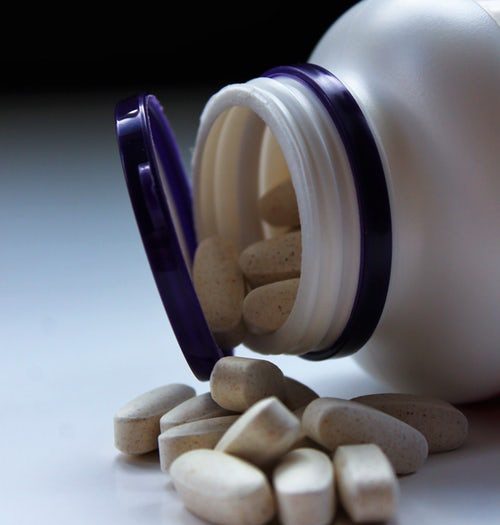THERE IS SO MUCH CONFUSION about the best way to go about fixing the increasingly chaotic road rules, we seriously wonder if the whole system shouldn’t just be dumped so we can start all over again with a clean sheet.
Case in point: increasingly draconian penalties are being applied to drivers who momentarily or unintentionally transgress, yet they are having little of no effect on repeat offenders who laugh at fines, continue driving when suspended and generally treat the road rules and laws (and they aren’t the same thing) with utter contempt, putting the rest of us at even greater risk.
The UK usually shows some common sense, especially compared to our own “it’s all about speed, drink driving and not wearing seat belts” approach. However, they can also get it wrong.
UK rules applying to drug-taking drivers recently changed. Clearly, there are two distinct groups of drug-affected drivers: those who choose to indulge in banned and unapproved narcotics and then take to the roads, and those who are taking authorised, tested and approved medication (and for many over-50 drivers, that is increasingly the case).
Unfortunately, the new UK rulings don’t distinguish between the two groups.
This has brought about calls for parallel laws, one tough and uncompromising for those idiots who choose to drive while out of their heads on illegal substances, and a different, more sympathetic set of laws for people who are faced with the difficult choice of taking legal medication, but who still need to drive.
Who, you ask, has to take legal medication and then has no option but to drive? Many patients with life-threatening illnesses have little or no support from carers, family or other support groups. Think about it for a moment: suppose you have to go in to hospital for a relatively minor day surgery procedure… a colonoscopy, for example. Can you impose on a friend, relative or other acquaintance to make themselves available to drive you home afterwards? And if you are on regular medication, check the label; it will almost always recommend that you don’t drive or use heavy equipment if you using it. In the UK, the new law will make it a criminal offence to drive with drugs in the body, removing any requirement for police to prove impairment and making it easier to prosecute drug drivers.
Now, I’m all in favour of taking drug-affected drivers off the roads, but like all law enforcement, it should be logical and take real world concerns into account.
The new UK rules (and the reason we are highlighting them here is that Australian authorities will be looking closely at these rules when assessing what rules should be applied locally) will apply a “minimum 12 month driving ban, a criminal record and a fine of up to £5000 or up to six months in prison, or both”.
Imagine for a moment that you have ingested a couple of paracetamol and then taken to the road. You could face a severe penalty, including a criminal record, loss of your job or livelihood, increased insurance costs (or the possibility of having insurance declined) and even the likelihood of being refused entry to certain countries (the USA, for example, will refuse entry if you have a criminal record).
No wonder there have been calls for the UK laws to be re-assessed. And as one commentator pointed out, even if the new law was “clear and workable” there’s a huge shortfall in the number of front-line police needed to enforce it.
Always check with your doctor or health care professional to ensure that it’s safe to drive after taking medication, or for how long you should not get behind the wheel (that’s one of the issues with Australian rules – drivers who take illicit drugs have no idea how long the effects will remain in their system, potentially costing them a large fine and/or licence disqualification).
